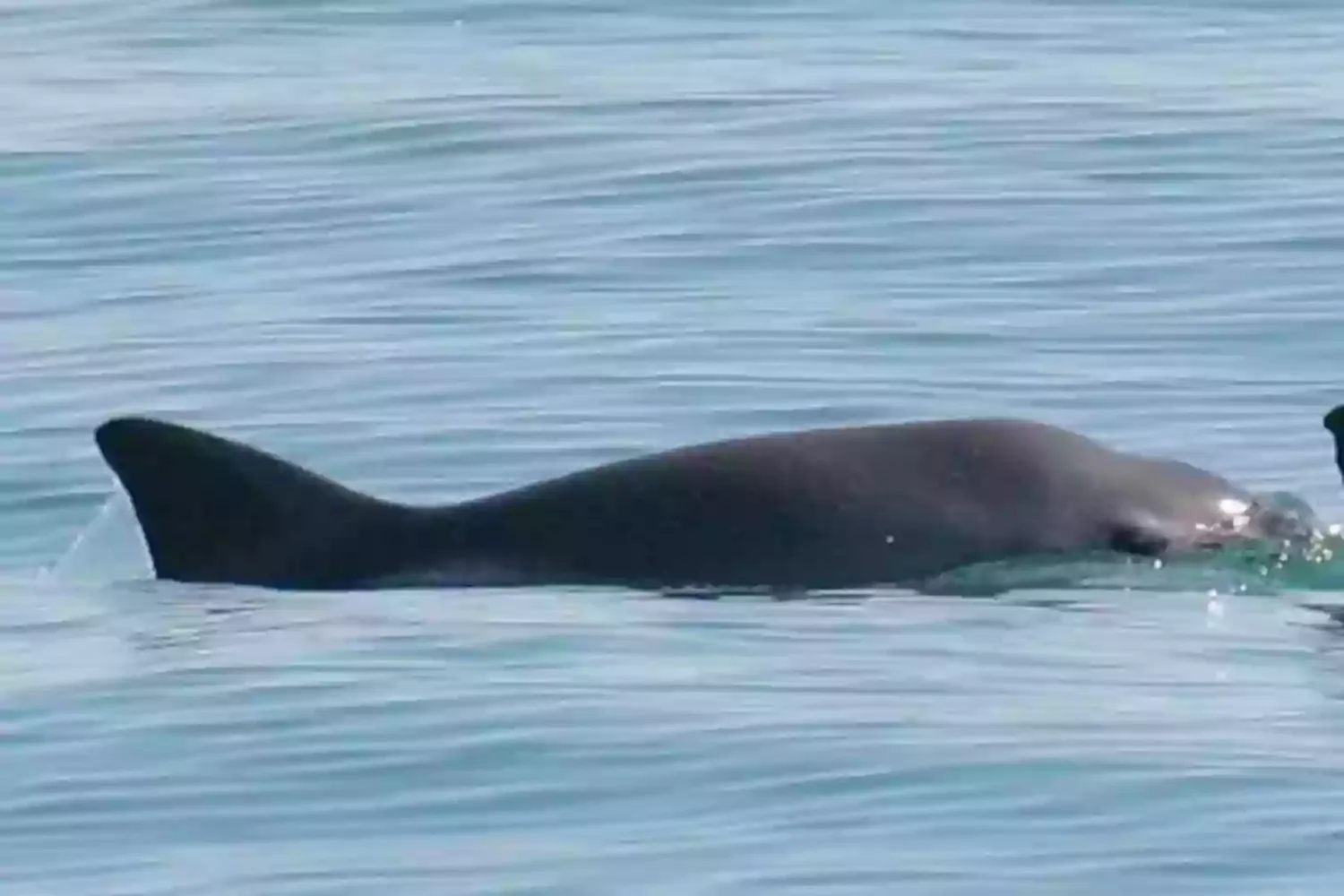There are only ten vaquitas left in the wild, a tiny silver porpoise that lives exclusively in Mexico Gulf of California.
However, the world's smallest and most endangered marine mammal may be able to maintain its population even with inbreeding, according to researchers at the University of California, Los Angeles, in a study published in Science.
The researchers examined the genomes of 20 tissue samples and discovered that the population's genetic makeup was diverse enough to allow for a recovery. This could be because the population was small to begin with, with only 570 remaining in the wild in 1997.
A small population with a less diverse genetic makeup increases the risk of mutations that can harm a population and jeopardise its survival. However, the vaquitas' small population size may have helped to "purge" harmful genetic traits from spreading.
"They're essentially the marine equivalent of an island species," said Jacqueline Robinson, co-lead author.
"Because of their naturally low abundance, vaquitas have been able to gradually purge highly deleterious recessive gene variants that could negatively affect their health under inbreeding."
The main threat to the vaquita survival is bycatch mortality.
Vaquita porpoises are frequently caught and killed in gillnets, which are vertical nets that hang down into the ocean. These gillnets are illegally used by Mexican fishermen to catch totoaba, an endangered fish, and shrimp.
The researchers concluded that even if gillnet deaths were to cease completely, the porpoise would most likely not become extinct. If gillnet deaths are only reduced by 80%, the chances of species survival plummet dramatically.
"[The vaquita porpoise] represents a unique evolutionary lineage — there are no similar species anywhere in the world — and its extinction would deprive the ecosystem of an important predator adapted to this unique ecosystem," senior co-author Robert Wayne explained.

Comments
Post a Comment
Comment Review By Admin Don't Spam